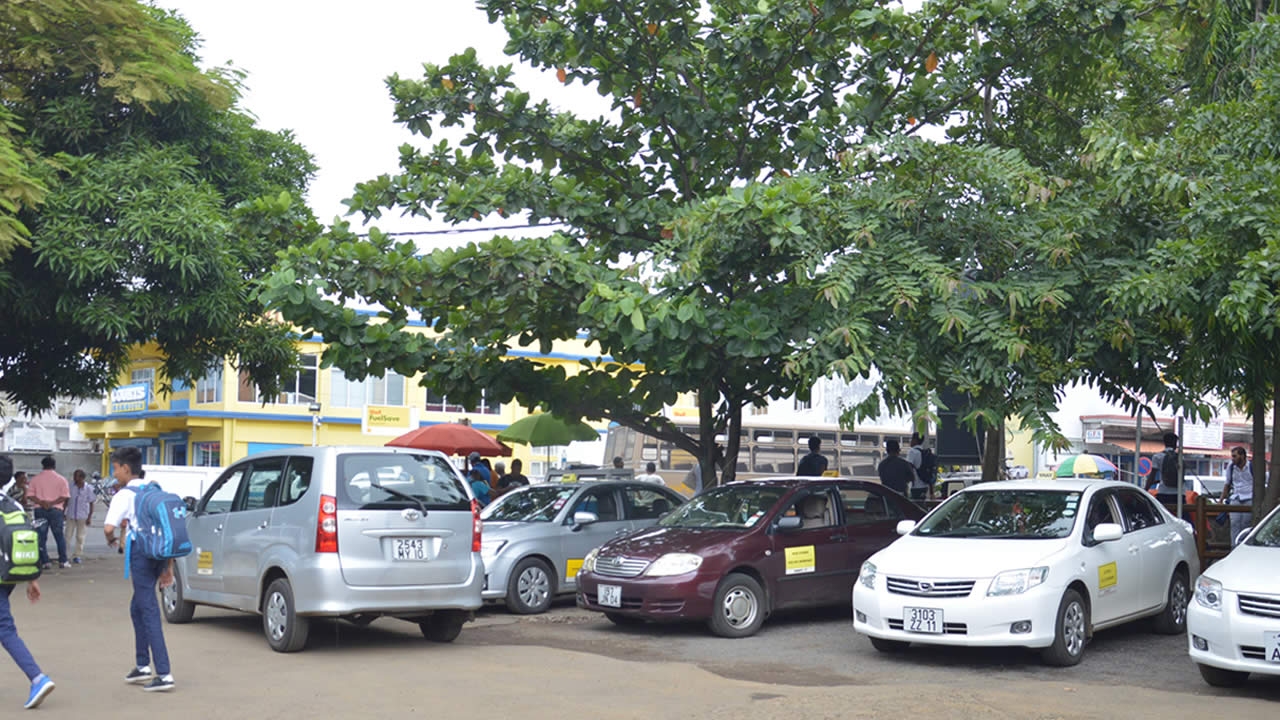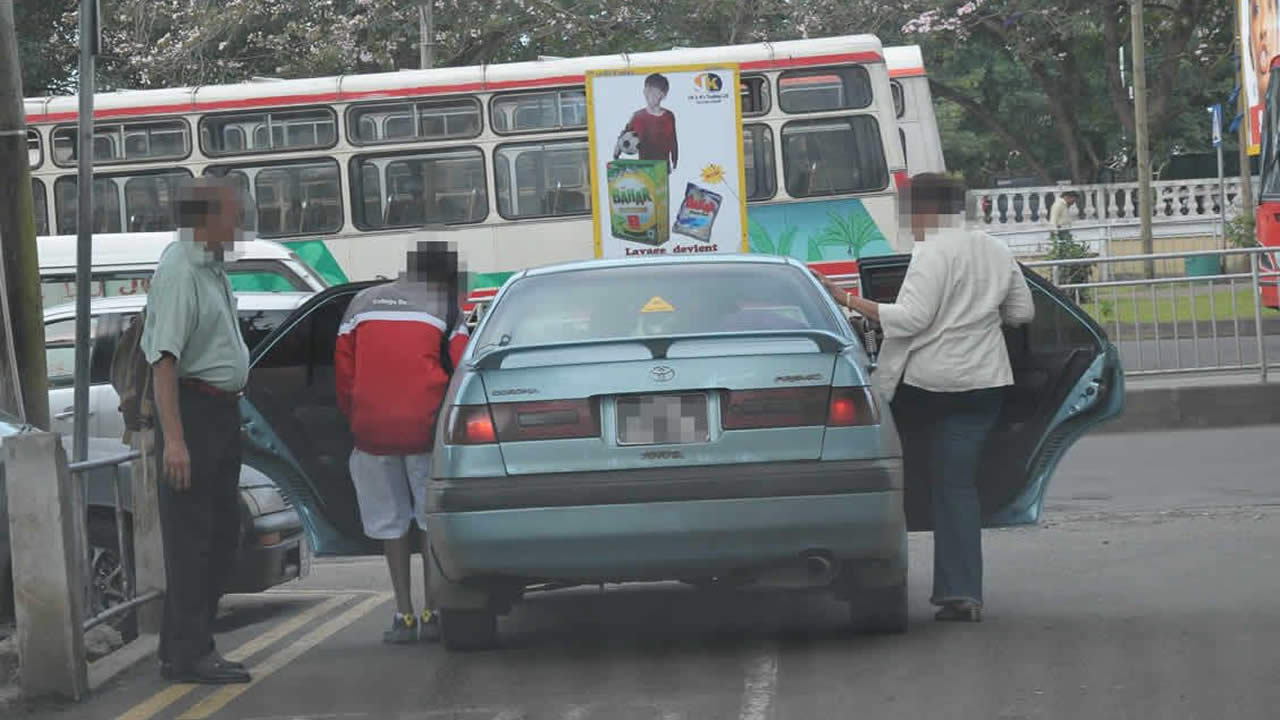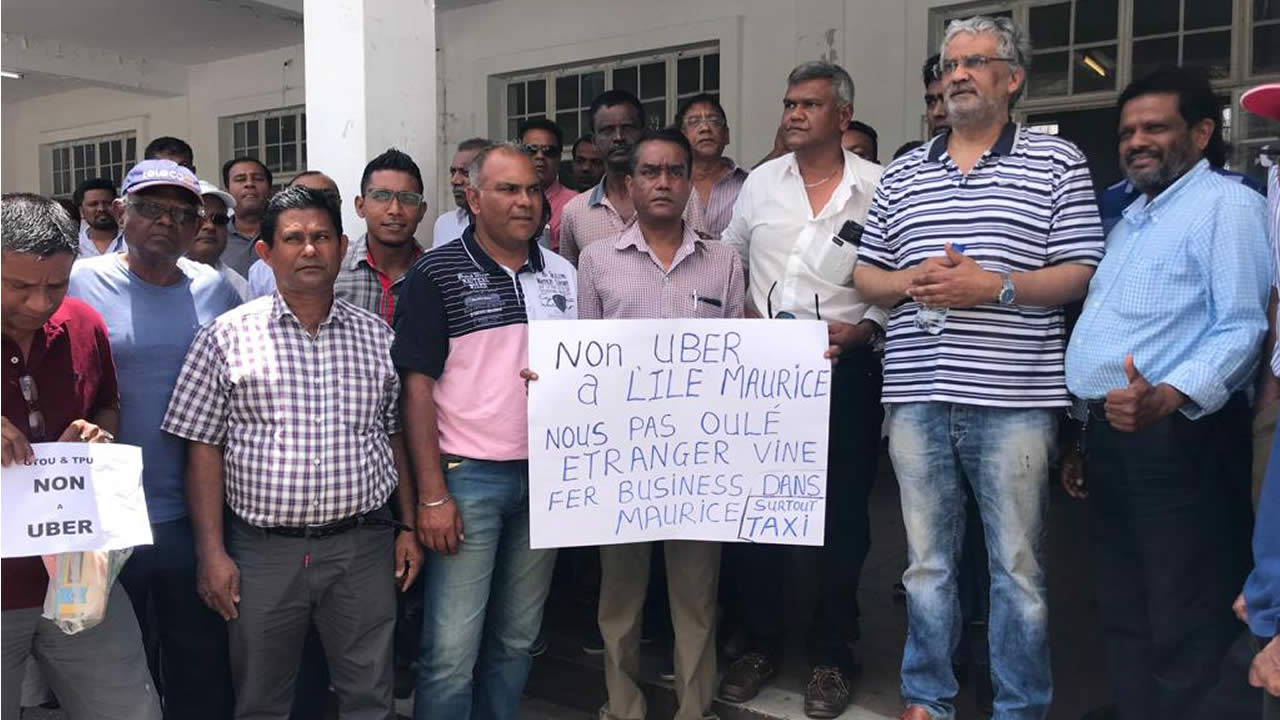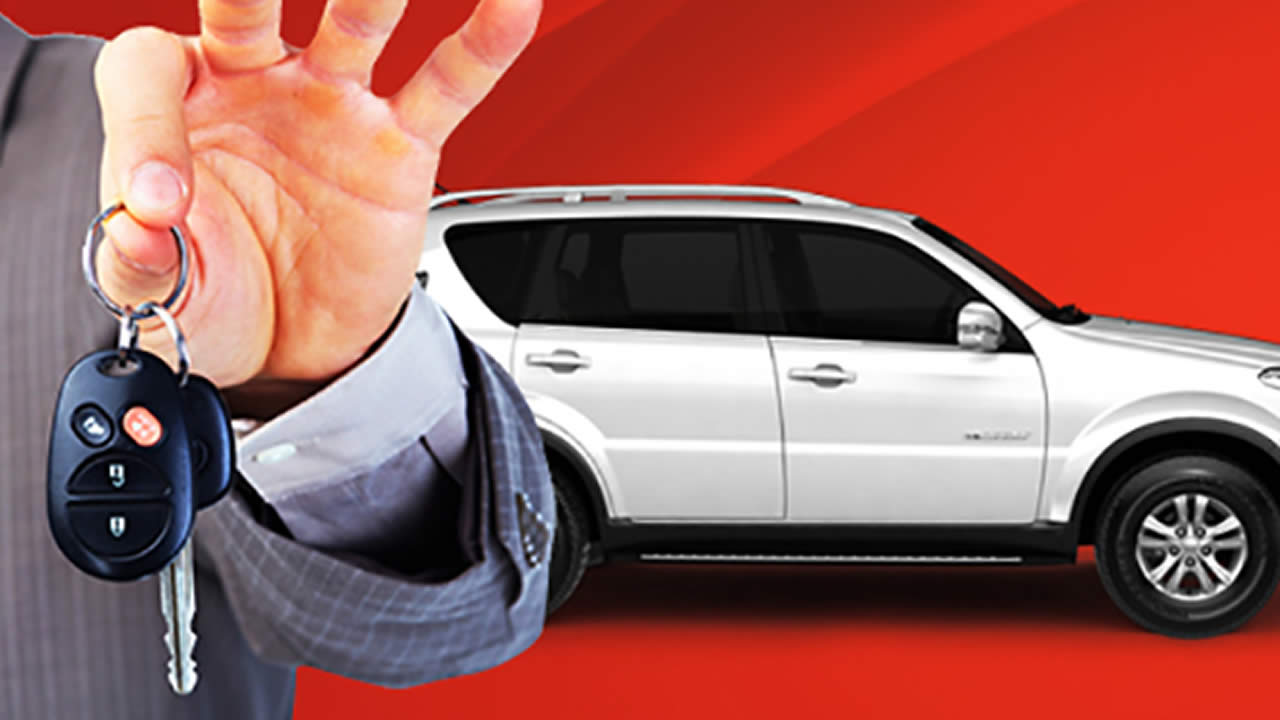
The government has ruled out UBER. The company will not be allowed to operate in Mauritius. The various protests carried out by the representatives of taxi unions seem to have borne their fruit. This decision also opens opportunities for local start-ups in e-booking facilities. But are taxi owners open to a major overhaul of the sector to improve services and garner the support of the travelling public?
The controversy has lasted a few weeks. Ever since UBER made a request to operate its car booking system in Mauritius, in collaboration with a local partner, the taxi unions of Mauritius have been on high alert, expressing their disapproval and strongly voicing out their concerns. Along with their legal representatives, they met officials of the Prime Minister’s office and demanded that a clear answer be provided to their queries. At the same time, there has been a gigantic wave of comments supporting UBER's arrival on social media, as members of the general public seem to welcome the multinational to boost competition in the transport sector. Mauritians travel a lot abroad and many have used UBER services, thus experiencing it live. For them, this service can benefit not only users but also drivers who will see an increase in business because new opportunities will open up to them.
With the debate taking alarming proportions and with taxi unions threatening mass protests, the National Transport Authority (NTA), regulator of the transport sector, released a statement on 11 October 2018 to clarify its position. The Government agency explained that the current legislation, the Road Traffic Act, makes no provision for online platforms for taxi booking. As a result, the NTA completely dissociates itself from UBER's request or from any ongoing negotiations between UBER or other entities and taxi operators. At the level of the NTA, it is said that Mauritius cannot have this type of service unless we review the legislative framework.

Taxi operators’ grievances
Apart from their anti-UBER crusade, taxi driver representatives have been fighting since long against other issues such as private vehicles that illegally transport public passengers against reward. Commonly known as ‘taxi marron’ and 'van marron', these are private cars and vans that carry paying passengers across the country, without being licensed to do so. It is illegal for private vehicle owners to indulge in such practice and it is an offence for any member of the public to avail of this service. Taxi drivers are also often victims of robbery or assault by unscrupulous passengers, especially at night. In the hotel industry, taxi operators claim that unlicensed vehicles or taxis from other regions come to operate in their areas, thus depriving them of their livelihood.
Public complaints
The main public complaints against taxis concern high fares charged by some operators. A large majority of passengers are in favour of the introduction of the famous taximeter because the current fare is not uniform and may vary from taxi to taxi. The fare can also be grossly exaggerated. Apart from the fare, people also complain of discourteous drivers. Furthermore, in some regions it is difficult to find a taxi, especially at odd hours. Often, some taxis refuse to take clients. It is alleged that some drivers do not obey traffic rules. In some areas, illegal taxis dominate, which constitute the main form of transport for locals, in the absence of licensed taxis and a regular and reliable bus network.
Invisible taxis
The National Transport Authority allocates new taxi licenses according to demand, based on the ratio of existing taxis to the local population region wise. According to the regulator, the number of taxis in circulation is currently sufficient for the population. However, it is not necessary that all licensed taxis are in operation every day. There are cases where the taxi operators already have another job or business activity and and keep their taxi public service licenses only to benefit from duty-free facilities on purchase of a new car, but never ply for trade. However, it is difficult to nab them due to lack concrete evidence.
Figures
According to Statistics Mauritius, as at 30 June 2018, there were 6,907 cars holding a public service vehicle (taxi) license in Mauritius. Taxi unions estimate that there are at least 6,000 vehicles involved in the illegal transport of passengers across the country. If the phenomenon of ‘taxi marrons’ is mainly concentrated in the town suburbs, it also thrives in some big villages. On the other hand, ‘van marrons' provide a service between the rural areas and the capital. It should be noted that licensed bus operators have also, on several occasions, denounced the unfair competition posed by these vans.
Incentives
Holders of a taxi license benefit from 100% exemption from customs duties on the acquisition of a new car or an imported second-hand car every four years. They are also entitled to a concessionary rate for the road tax: Rs 900 (instead of Rs 4,000) for a car of engine capacity of 1600cc or less and Rs 2,000 (instead of Rs 8,500) for engine higher than 1,600cc.

Local apps
For quite some time now, there are various online taxi booking systems available in Mauritius, as well as mobile applications. Mo Ti Taxi, launched in 2016, was developed by young Mauritians and it registers taxi drivers for free. Then there is the Yugo App, which connects customers to taxis in real time. Only official taxis can register for this service. The Logidis group, on its side, has its reservation service on www.alalila.mu. There are several other online booking sites, such as taxiservicemauritius.com, taxicabmauritius.com, taxiservices.mu, among others. On the other hand, on the African continent, there are no less than 12 applications that compete with UBER.

Illegal car rental
The 'marron' syndrome affects not only taxis, but also the car rental sector. Any car rental activity in Mauritius must have a valid permit issued by the National Transport Authority. But the rental of private cars is gaining ground, and this is openly advertised on social networks. According to a car rental company director, who prefers to remain anonymous, there are many tourists who rent cars from private individuals without realising that it is illegal and that they are not adequately covered and protected in case of accidents.
He reveals how a trick is used to circumvent regulations: The car is registered in the name of a company, and the director takes a 'Business Insurance' which covers any driver who takes the vehicle on behalf of the company. He deplores the authorities' inaction on this trend, which amounts to unfair competition with licensed car rental companies. “Car rental is in high demand but unfortunately, we have a parallel market for unofficial car rental. There are also cases where registered car rental companies themselves rent out private cars to avoid regulatory bureaucracy and costs,” he reveals.
To start a car rental business, one needs to have a minimum of three cars aged less than two years and the cars must imperatively be renewed every five years. An annual fee must be paid to the NTA and the District Council. Rental insurance is more expensive than private use. In the case of illegal rental, the operator does not have to pay fees to the NTA or District Council, and can rent out older cars, thus unfairly competing with licensed cars because they can offer cheaper rates. Furthermore, they save on insurance costs.
Raffick Bahadoor : “We will remain vigilant”
The president of the Taxi Proprietors Union, Raffick Bahadoor, refutes the argument that taxis are expensive. He explains that the majority of taxis in the country operate with ‘collective passengers’ and the fare per person is more or less similar to that of bus fare in many cases, but the service is better. “For more or less the same price, the passenger travels more comfortably. He gets to work on time,” says the unionist, adding that in a bus he may not find a seat and must stand while holding his bag.
He says taxi operators are not responsible if public transport fails, so we cannot blame them if buses cannot satisfy passengers’ expectations. “Do you know that at the Immigration Square, buses stop operating from 6.30pm or 7pm? A worker who misses the last bus to go to Goodlands or Petit Raffray will have no choice but to take a taxi. Of course, he will not be able to pay Rs 500 for the trip, hence the conclusion that taxis are expensive.” He adds that it is up to the Government to ensure that public transportation is available until late hours. He believes that the taximeter is not adapted to the local context, because passengers will end up paying more.
His union welcomes the government’s decision not to allow UBER to go ahead with its project in Mauritius, but Raffick Bahadoor states he remains vigilant, because “where there is the interest of money, we cannot trust anyone. Today, we are told that UBER is not on the Government’s agenda, but it may be tomorrow. This project may also come back under another government,” he says. He fears that the project may reappear in a disguised manner. He concludes that the real problem of public transport in Mauritius remains the fact that nothing has changed since Independence.
 J'aime
J'aime















